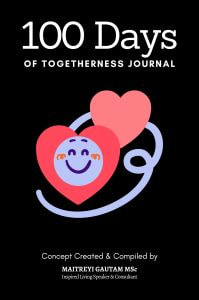What is Journaling?Journaling, the practice of regularly writing down one's thoughts, feelings, and experiences, has long been recognized as a powerful tool for personal growth and emotional well-being. This simple yet profound method of self-expression can provide an array of therapeutic benefits, from stress relief and increased self-awareness to the cultivation of resilience and a deeper understanding of one's inner world. | |
Exploring the Therapeutic Power of Journaling
1. Stress Relief and Emotional Catharsis
One of the most immediate and evident benefits of journaling is the relief it can provide from stress and anxiety. Writing down one's thoughts and emotions can serve as a form of emotional release, allowing individuals to process complex feelings and make sense of difficult experiences.
By transferring these emotions onto the page, journaling can help alleviate the pressure that comes from keeping them bottled up inside.
Journaling fosters self-awareness by encouraging introspection and reflection on one's thoughts, feelings, and behaviors. As individuals document their experiences, they begin to notice patterns and recurring themes, helping them to better understand their triggers, emotional responses, and coping mechanisms.
This heightened self-awareness can lead to personal growth and improved decision-making, as individuals become better equipped to navigate challenges and identify areas in which they would like to grow and change.
3. Cultivating Resilience
The act of journaling can also help build resilience, as individuals develop the ability to cope with and overcome adversity. By revisiting past experiences and reflecting on the lessons learned, journaling can strengthen individuals' resolve and help them cultivate a more adaptive mindset.
This sense of resilience can be crucial in facing future obstacles and setbacks, empowering individuals to persevere and thrive in the face of adversity.
4. Enhancing Problem-Solving and Creativity
Journaling can stimulate creativity and enhance problem-solving skills by encouraging individuals to explore new ideas and perspectives. As they write, individuals often engage in lateral thinking, examining issues from multiple angles and considering alternative solutions.
This creative approach to problem-solving can lead to fresh insights and innovative solutions, fostering a growth mindset and promoting mental flexibility.
5. Strengthening Emotional Intelligence
Finally, journaling can contribute to the development of emotional intelligence—the ability to recognize, understand, and manage one's own emotions and those of others.
By fostering self-awareness and empathy, journaling can help individuals become more attuned to their emotional landscape, enabling them to regulate their emotions more effectively and navigate interpersonal relationships with greater skill and sensitivity.



















